Disoriented and Disenchanted in Academia
By Elise J. Choi
Review of Disorientation by Elaine Hsieh Chou (US: Penguin Press, 2022)
Lin Zhipeng (No.223) - Grand Amour, Meimei (2018)
Image description: A nude East Asian woman with rib cage tattoos of birds is lying on some teal-blue sheets with beige flower patterns. She holds a white dove by its wings and uses it to cover her breasts.
When all you’ve known is a culture-society that dehumanizes you, how can the process of decolonizing your own mind not be slow and painful? In her near-perfect first novel, Disorientation, Elaine Hsieh Chou maps a racial awakening for her Asian American protagonist with an expert pen and full heart.
In Disorientation, Ingrid Yang is a PhD in the final year of writing her dissertation on a Chinese American poet (fictional) at a liberal Massachusetts university (also fictional). She abuses over-the-counter drugs to alleviate her ongoing stress, but hey, at least she has a great fiancé—Stephen, a plain white man with “generic features and a droning public radio voice,” who works as a Japanese–English translator (but doesn’t speak Japanese). When Ingrid discovers a cryptic note in her archival research, she relishes the distraction and follows the paper trail in hopes of a breakthrough. Instead, she discovers a startling secret about her research subject that challenges her academic career, destabilizes her relationship, and forces her to think critically about race for the first time. In another book, this twist would’ve served as the climax of the novel; here, it happens a third of the way in, and the twists don’t stop.
The story takes place over the course of an academic year, each of the four parts representing a school quarter. Chou wields numerous genres and forms to tell this story: campus novel, satire, mystery, articles, poems, interviews, translations, blogs—even a dream formatted as a courtroom transcript. There’s so much consolidated in this novel that it’s no wonder I felt like I’d been put through the ringer, along with Ingrid, by the end.
The progress that Ingrid makes in a year would take people in the real world a decade to achieve. Be warned, Beginning-of-Book Ingrid is annoying and naive. Yes, it’s ludicrous that a PhD has trouble saying the words “problematic” or “triggering.” She thinks calling someone “white” (especially her fiancé) is a slur. But if I’m being generous with Ingrid, and honest with myself, there’s some point in all our lives when we learn these words, test how they sound coming out of our mouths. The journey is gradual, but End-of-Book Ingrid is incredibly brave. The initial frustration a reader feels with her is rewarded by her enormous bounds by the end. The final showdown occurs, of all places, at a dissertation defense, where she stands up to her advisor and the university. She’s no longer the meek, polite girl she’s been her entire life. She refuses to be stepped on. She knows herself.
Lin Zhipeng (No.223) - Grand Amour, Meimei’s flying (2018)
Image description: A topless East Asian woman with rib cage tattoos of birds is lying on some teal-blue sheets with beige flower patterns in a room with bright-blue walls and a mirror over her head. She stretches her arms over her head as two white doves are in flight, one of the doves shielding her breasts.
Besides the campus mystery, there’s the romance—a B plot so potent it sometimes feels like the A plot. Ingrid is in love with Stephen, who kindly reminds her to make her doctor’s appointments. Stephen, who believes in “vanquishing toxic masculinity.” Who seems to constantly forget that Ingrid isn’t Chinese but Taiwanese. Who has a “preference” for Asian women. Who’s disturbed that Ingrid’s becoming “political.” Stephen, whose racism comes out only gradually, in devastating fashion. When she finds an image folder of his exes—all East Asian—she is shaken. But they’re engaged, and at this point in their relationship, he must love her for who she is, right? “The sad thing is, Ingrid, you’ll never know for sure,” her friend Alex Kim tells her.
Merely existing in this country messes with Asian women’s deepest notions of their selves, encouraging self-objectification and false competition with other women. Ingrid asks herself a deeply upsetting question: “Was the only way to avoid replacement by another Asian woman to somehow become…the ultimate Asian woman?” In a turn from the usual brisk pace of the novel, she sits on a bench and ruminates on her life as an Asian woman in America: being fetishized, objectified, dehumanized:
“How was it possible to be so desired and so hated, the two intertwined like heads of the same beast? Ex-boyfriends, male teachers, men on the streets—the way they’d treated her, talked to (or rather, over) her, insulted her as they pretended to compliment her, the presumptive and invasive questions they’d asked her, the attention and coddling and patience they’d demanded from her, the limitations they’d put on her—all of it had groomed her into accepting their conceptions of herself.”
This is the absurdity and tragedy of fetishization—it’s meant to be a compliment, something at least better than the garbage hand that Asian men in this country are dealt. The small violences have added up quietly and insidiously, day after day, so that Ingrid has convinced herself that she’s no better than what men deem her—until she begins to take back her own narrative.
Two days after the publication of Disorientation, an essay by Chou with the chilling title “What White Men Say in Our Absence” was published in The Cut, in which she further explores the two-headed beast of desire and hatred. I don’t know if the release timings of the book and essay were intentional but reading them together was illuminating. If the novel is a more light-hearted and controlled satire, then the article is a visceral treatise of rage crystallized. Chou pulls quotes from the most loathsome corners of the web where men congregate to be openly bigoted (“little geisha fuck doll”; “you get sex when YOU want, not when SHE wants”), and she asks the unnerving question: “How can I move through the world knowing that the men who think these thoughts are real?” For so many Asian women, as she recounts in heartbreaking detail, the result has been assault, rape, and murder. There’s no comparable comeback to such violence; but Chou, as well as Ingrid, has responded with an anger made productive through her writing.
Another strong aspect of this novel is the fact that there are so many types of Asians: Ingrid’s best friend, Eunice Kim, who’s a PhD but wants to be a makeup artist; her enemy, Vivian Vo, a sometimes overbearing activist in the more radical Postcolonial Studies department; her loving parents, Jean and Bo; Alex, Eunice’s brother, who initially dabbles in MRAsian (“men’s rights”) circles but matures in a counterpart version of Ingrid’s journey; the cynical Professor Wenli Zhao (“This university will take and take from you. You have to take from it.”); and Timothy Liu, a conservative student with a leading role in a white supremacist group.
The spectrum of characters is a direct challenge to the oft-unspoken supposition in media that “there can only be one.” Each of these characters is messy and kaleidoscopic. The writing of Ingrid and Eunice’s friendship in particular is lovely, sacred. Together, they watch K-dramas and eat shrimp chips. Eunice sacrifices her own dissertation writing time to investigate the archive mystery with her best friend. On the flip side, Ingrid’s tense relationship with Vivian is marred by jealousy (on Ingrid’s part) and condescension (on Vivian’s part). Vivian’s a deeply caring activist who teeters on the edge of holier-than-thou, whose ego can interfere with the work. These nuanced relationships are critical simply because we don’t have enough depictions of Asian friendships in English-language American media.
Lin Zhipeng (No.223) - Grand Amour, Anna Uchiyama (2018)
Image description: A profile shot of an East Asian woman with red lipstick lying on a white bed with her long black hair spreading upwards. There are pink and red roses under her hair with their blooms peeking out from the ends of her hair. A hand with red nails can also be seen in the frame, holding the left side of her face.
The ending is, gladly, bittersweet. Institutional racism hasn’t been solved—it’s been augmented in an unsurprising but still awful way that reflects our own world.. Ingrid moves back in with her parents, Jean and Bo, in a plot point that typically symbolizes a “rock bottom” moment, but here, she’s making up for a lifetime of silence; she’s finally getting to know her family. Her life path hasn’t followed a typical success route, but at least she knows herself and is starting, slowly, slowly, to learn what kind of life she wants to make, on her own terms.
In earlier chapters, her parents’ home has been a haven, where Ingrid can escape from the gruel of academia, where she can eat homemade food and feel safe. Jean and Bo aren’t stereotypical Asian parents, asking when she’ll get a “real job” or get married. It’s another credit to Chou that she takes the time to humanize Ingrid’s immigrant parents, to give them care. We need more stories that humanize older immigrants when this country cares not for them.
Disorientation has been called a campus satire, but it’s also so much more. In it, I found a lifetime’s worth of self-interrogation and growth. Lessons on how to survive and fight when your entire life is consistently and flippantly diminished by strangers. Reading Disorientation in concert with “What White Men Say” assures me that Elaine Hsieh Chou will be one of the foremost voices of our time.
Elise J. Choi (she/her) is a Korean American copy editor based in Portland, Oregon, and reads science fiction, fantasy, and translated literature to her cat. She has a master’s in English from the University of Oregon and has been a writer, translator, instructor, and doodler. See her tweets about pop culture at @elise00000000.
*
Lin Zhipeng (aka No.223) Born in Guangdong, China in 1979, Graduated from Guangdong University of Foreign Studies with major of financial English. Lin Zhipeng is a photographer and freelancer writer based in Beijing. Created in 2003, his blog “North Latitude 23” where he published everyday pictures accompanied by short texts received millions views and made him famous among the web community. Presented for ten years in group exhibitions in China and abroad , Lin’s works have also been the object of several solo shows both nationally and internationally ( Delaware Contemporary Museum ; Walther Collection Ulm ; De Sarthe Gallery Beijing ; Stieglitz19 Gallery Antwerp ; M97 Gallery Shanghai, etc). He has published photography books in China, France, Canada, Japan and Italy.
If you’ve enjoyed reading this article, please consider making a donation. Your donation goes towards paying our contributors and a modest stipend to our editors. Singapore Unbound is powered by volunteers, and we depend on individual supporters. To maintain our independence, we do not seek or accept direct funding from any government.




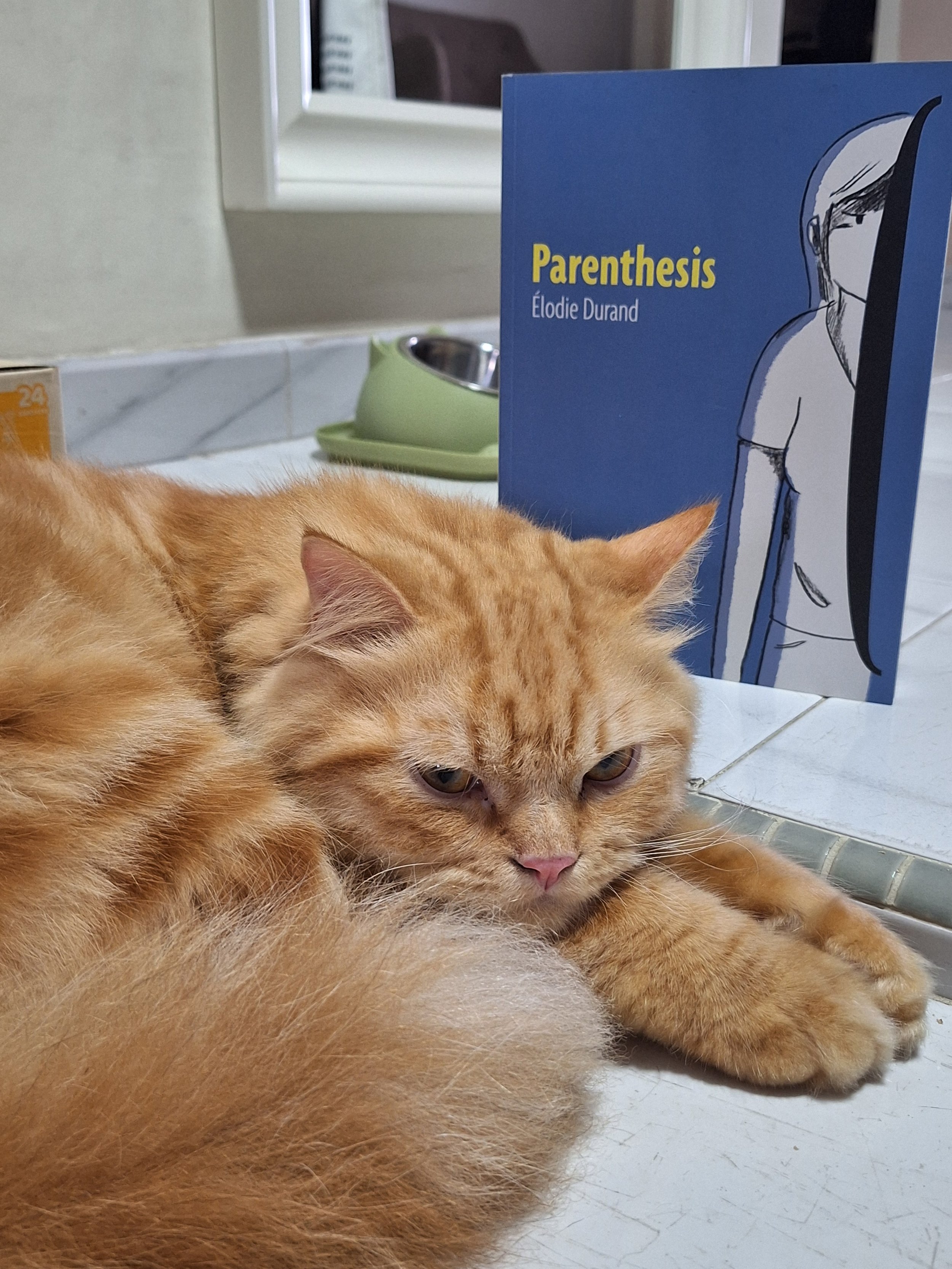
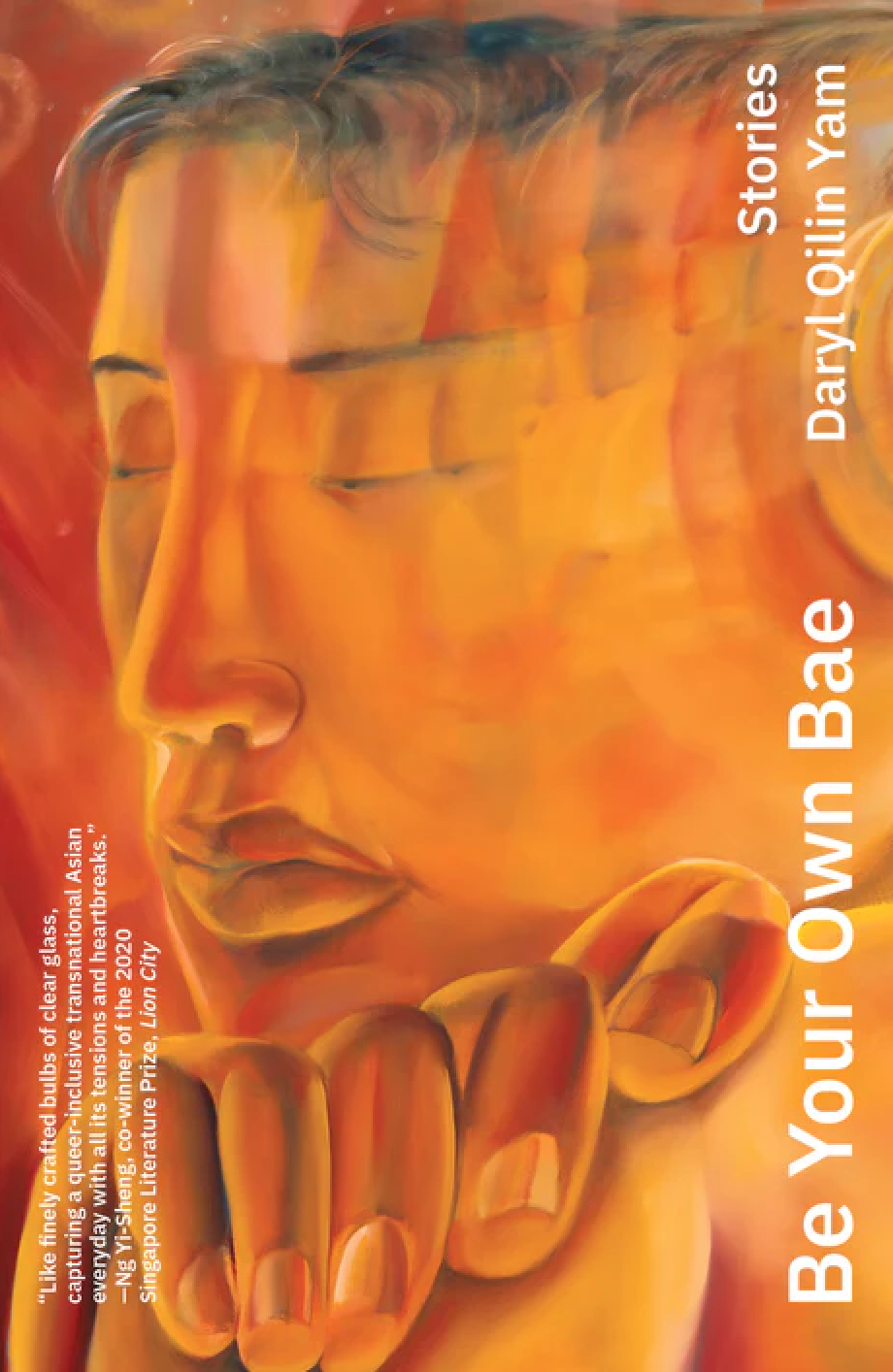
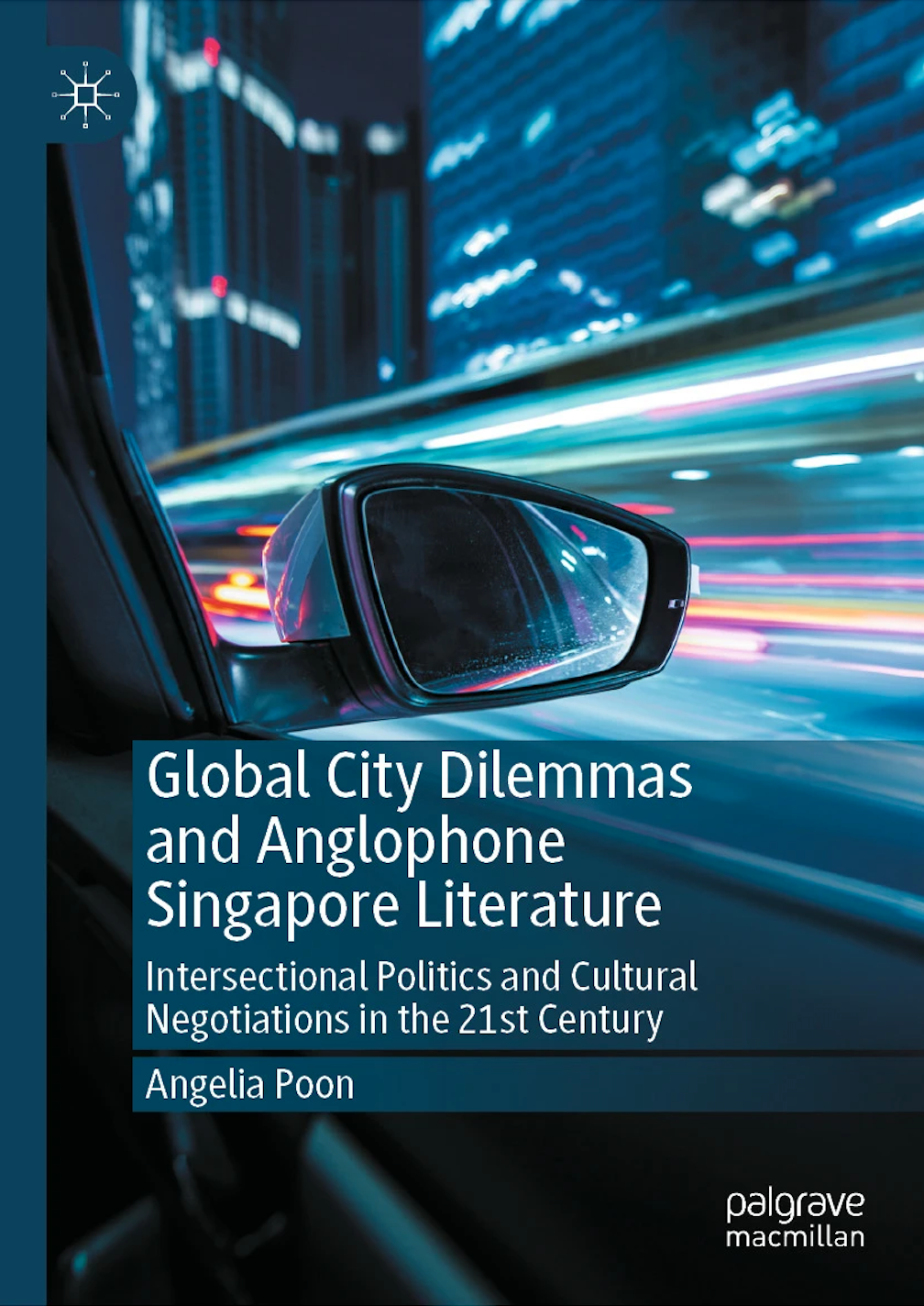
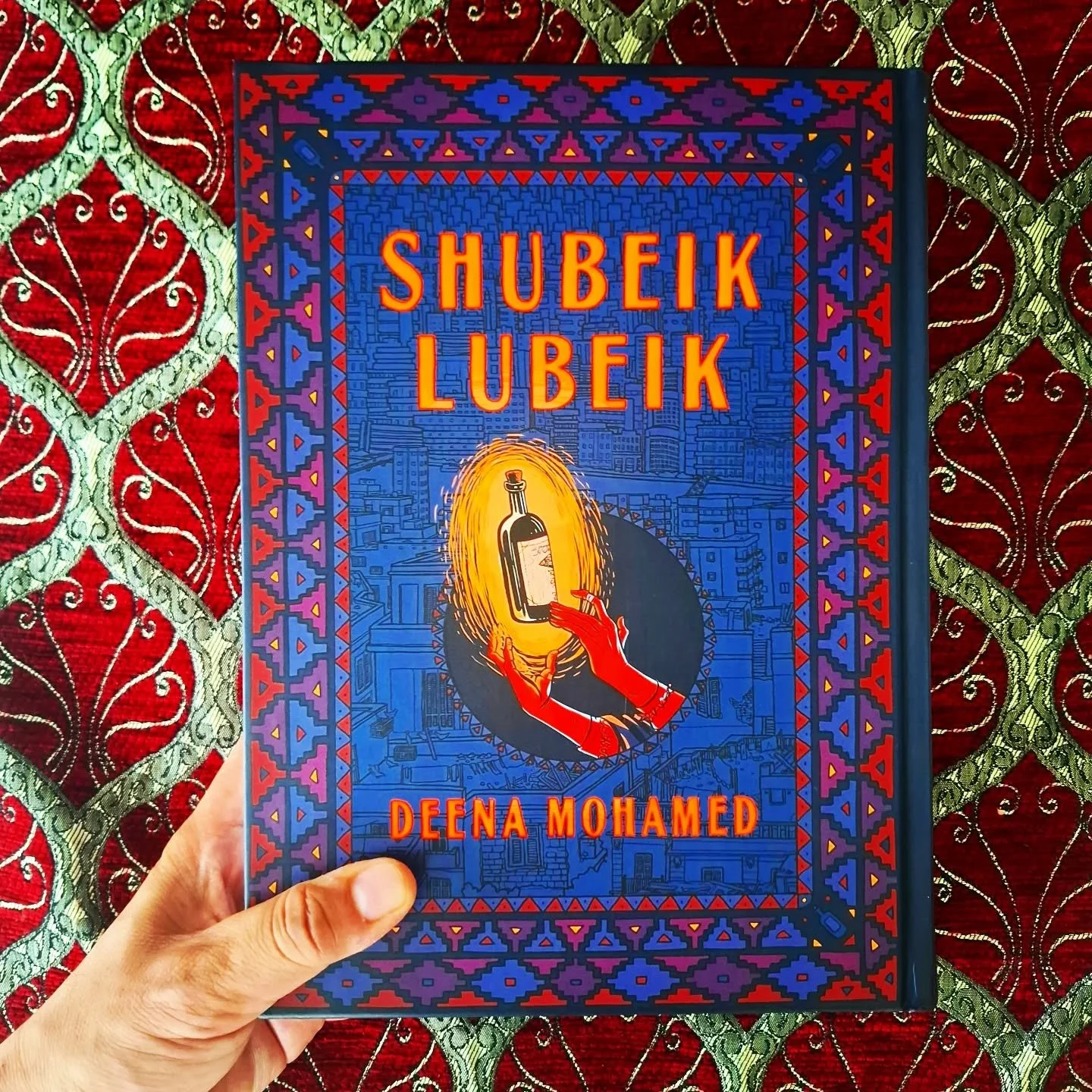



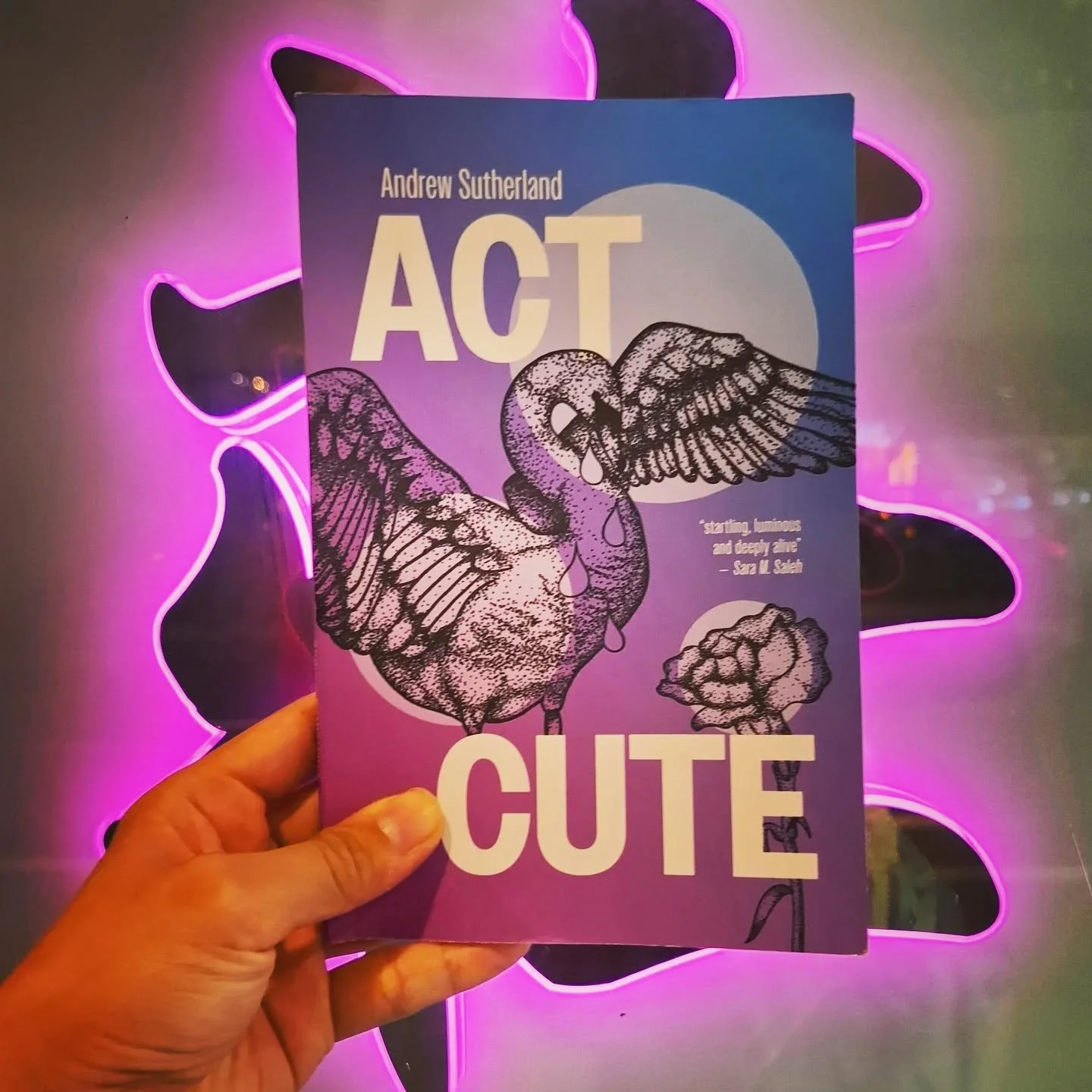
In Taiwan Travelogue, ‘twinned souls… are at once lost, but also found, in translation.’ A review by Eunice Lim.